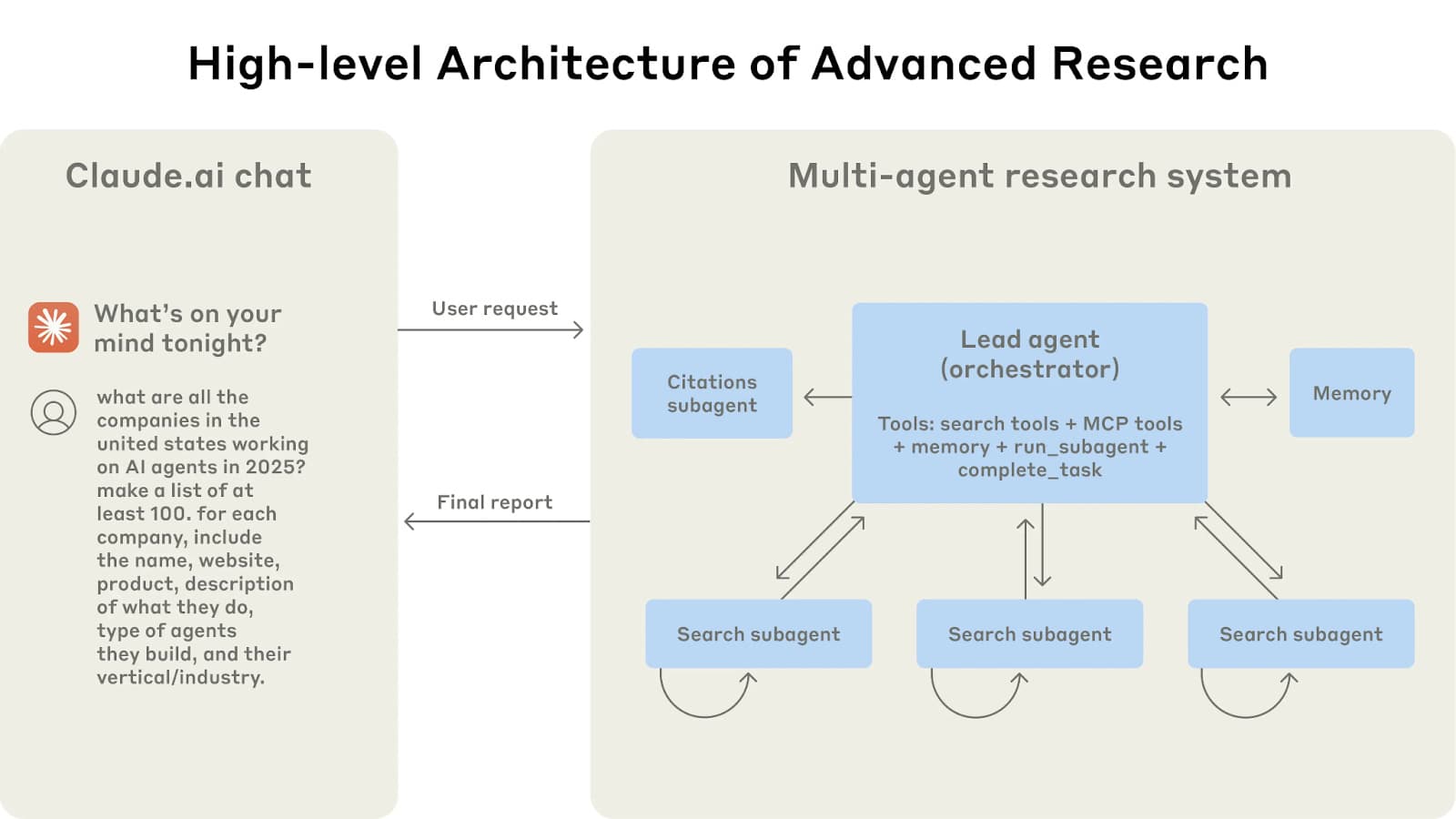Epoch AI Foresees Shift to Direct Coordination in Multi-Agent Systems, Moving Beyond Rigid Frameworks

San Francisco, California – Epoch AI, a prominent non-profit research institute dedicated to understanding the trajectory and societal impact of artificial intelligence, has highlighted a significant paradigm shift in the development of multi-agent systems (MAS). In a recent social media post, the organization suggested that the focus is moving away from complex, pre-defined workflows and "fancy prompts" towards directly training AI models to coordinate with each other. This approach emphasizes emergent, collaborative intelligence over rigid, human-engineered structures.
The tweet from Epoch AI stated, > "When people think about multi-agent systems, they often picture complex workflows involving specialized agents – but in many ways, this is backwards. Rather than using rigid scaffolds and fancy prompts, labs will directly train models to coordinate with each other." This statement signals a re-evaluation of current MAS development methodologies, advocating for more organic and data-driven coordination among AI entities.
Multi-agent systems involve multiple autonomous AI agents collaborating to solve complex tasks that are challenging for a single model. Traditionally, these systems relied on explicit programming and orchestration, where each agent's role and interaction protocols were meticulously defined. However, the emerging trend, as articulated by Epoch AI, suggests a future where agents learn to coordinate through direct training, fostering more adaptable and robust collective behaviors. This shift is particularly relevant in the context of large language models (LLMs), which are increasingly serving as the "brains" of individual agents.
This evolving approach aligns with advancements in multi-agent reinforcement learning (MARL), where agents learn optimal strategies through experience and interaction within a shared environment, often without explicit rules for cooperation. This allows for the emergence of sophisticated collective intelligence, enabling MAS to tackle dynamic and unpredictable challenges more effectively. Companies like Microsoft, with its Azure AI Foundry Agent Service, and various research initiatives are already exploring frameworks that facilitate such direct coordination and emergent behavior.
The implications of this shift are far-reaching, promising more scalable, resilient, and flexible AI solutions. By enabling models to self-organize and coordinate, multi-agent systems can address problems in areas such as autonomous cloud operations, supply chain optimization, and complex simulations, where a single point of control is impractical. Epoch AI, known for its rigorous analysis of AI trends and forecasting, positions this development as a crucial step in the ongoing evolution of artificial intelligence, moving towards systems that are not just intelligent individually, but also collectively adaptive and self-improving.